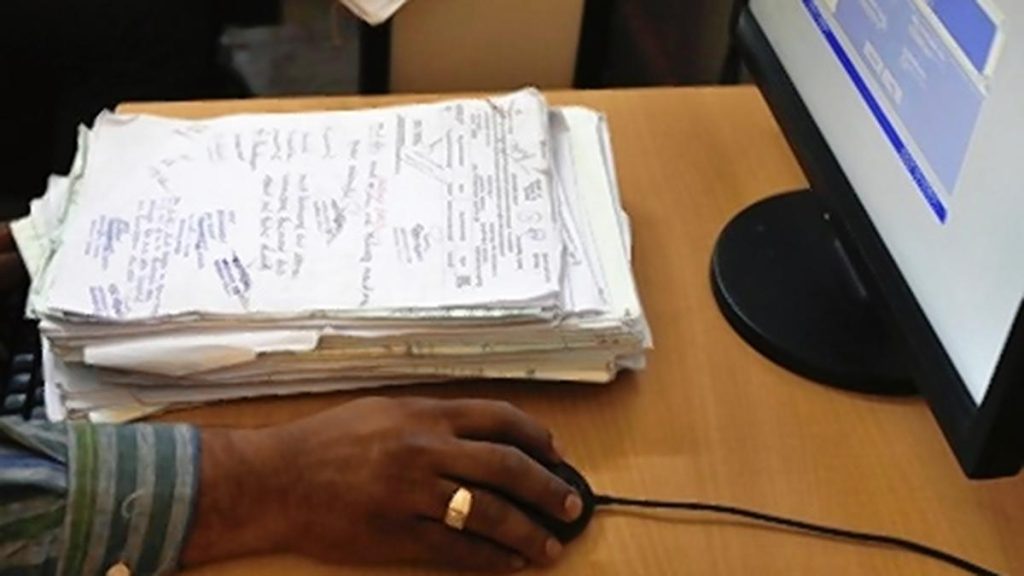Now Reading: President Praises AIISH, Calls for Global Leadership
-
01
President Praises AIISH, Calls for Global Leadership
President Praises AIISH, Calls for Global Leadership
Quick Summary
- President Droupadi Murmu attended the diamond jubilee celebrations of the All India Institute of Speech and Hearing (AIISH) in Mysuru on Monday.
- She lauded AIISH for 60 years of contributions in dialog disorders thru treatment, rehabilitation, research, tele-assessment, and workforce skill development.
- AIISH has been led by women directors for the past two decades.
- The President thanked the royal family of Mysore for donating land to establish AIISH. MP Yaduveer Krishnadatta Chamaraja Wadiyar from the royal family was present at the event.
- highlighted government initiatives like the National Program for Prevention and Control of Deafness with AIISH as its nodal center.
- Stressed early detection, technological advancements like cochlear implants, and urged Atmanirbhar Bharat efforts to manufacture affordable assistive devices locally.
- Called upon AIISH to become a global role model in policymaking on communication disorders while promoting accessibility for persons with disabilities at public spaces.
- Noted recognition earned by AIISH’s Inclusive Therapy Park designed to help children with communication disorders.
- Governor Thaawarchand Gehlot,Chief Minister Siddaramaiah,Union Minister anupriya Patel,Health Minister Dinesh Gundu Rao were also present.
- logo unveiling ceremony conducted along with release of publications showcasing success stories and commemorative postal cover honoring institute’s journey.
Indian Opinion Analysis
President Murmu’s emphasis on self-reliance in assistive device manufacturing demonstrates a critical shift toward reducing dependence on imports while improving accessibility. Considering India’s large population affected by speech and hearing disabilities-highlighted by interventions such as cochlear implants-the call for affordable indigenous production aligns well with broader national goals under “Atmanirbhar Bharat.”
AIISH’s multidisciplinary approach bolsters India’s healthcare system through its research outputs and skilled professionals addressing diverse communication needs. Its focus on inclusivity via infrastructure like therapy parks sets benchmarks globally while aligning public health efforts toward equitable access-a principle crucial for societal development.
The involvement of government representatives signals policy-level commitment toward accessibility standards reflective not only in medical institutions but across public spaces nationwide. Scaling this effort could position India as a leader in disability-centric innovations both domestically and internationally.
Read more: Link
























